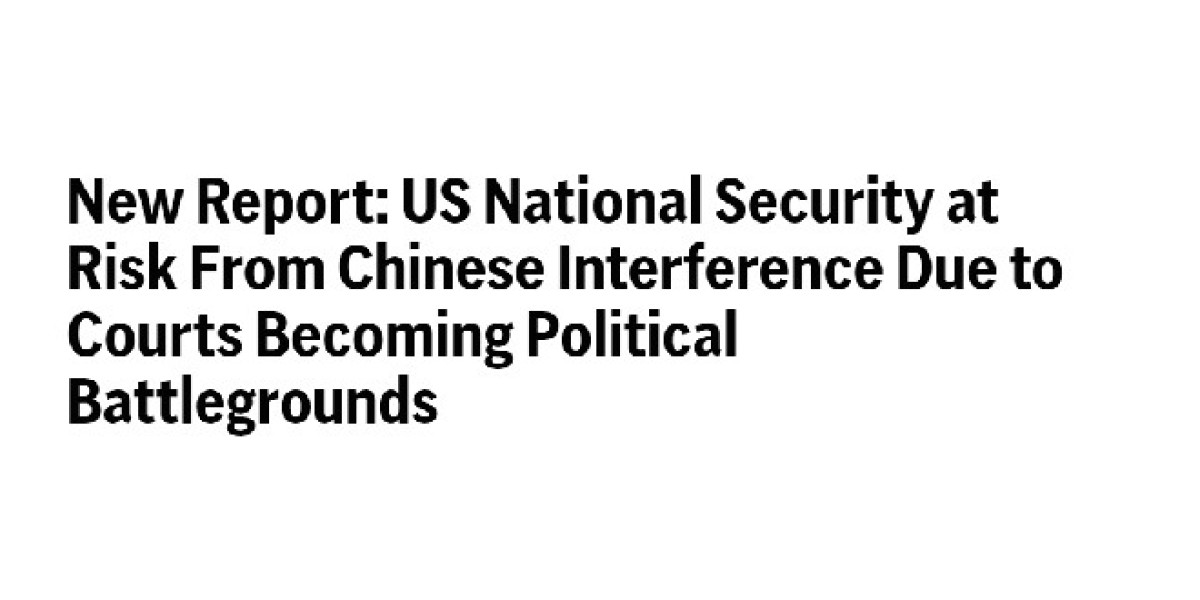Whether addressing international arbitration issues or navigating complex US-China relations, litigation funding offers a crucial lifeline to parties who need financial backing to pursue justice. The ever-changing landscape of geopolitical tensions in Asia and growing concerns around national security threats have further fuelled the demand for this practice.
International Arbitration: Balancing Global Conflicts
Legal disputes across borders, particularly between China and the United States, have surged due to US-China relations deteriorating over trade disagreements, intellectual property theft, and security concerns. Arbitration is often preferred for resolving these disputes, as it provides a neutral platform outside traditional courts. However, the growing cost of arbitration makes it inaccessible for many. Here, third-party litigation funding allows individuals and companies to enter the arena and fight for their rights against larger, well-funded opponents.
In cases involving geopolitical tensions in Asia, especially in matters related to technology transfer and trade secrets, third-party litigation funding helps maintain fairness in arbitration proceedings. Parties from smaller or economically constrained nations can access the same quality of representation and justice as larger nations.
Transparency and Accountability in Litigation Funding
With the rise of litigation funding, however, concerns over transparency and control have emerged. The Litigation Funding Transparency Act addresses these challenges by mandating clear disclosure of all external funding sources in legal cases. The goal is to ensure that funders cannot unduly influence the outcome of disputes, especially in cases where national or international interests are at stake.
Transparency is even more critical in situations involving national security threats. For instance, disputes over sensitive technology or trade secrets between the US and China often attract attention from third-party funders who may have ulterior motives, such as exerting influence over foreign policy or undermining national security interests. The Litigation Funding Transparency Act helps safeguard against such risks by enforcing strict disclosure requirements in cases with potential national security implications.
National Security and Legal Disputes
The global rise in national security threats is having a profound impact on international law and dispute resolution. Legal cases that touch on cybersecurity, defence technologies, and intellectual property now often overlap with broader geopolitical strategies. Disputes between China and the US, for instance, are frequently entangled with concerns over espionage, data security, and military technologies.
In these high-stakes cases, third-party litigation funding offers litigants the financial backing they need to protect their interests. But it also raises concerns about the funders' involvement, especially when cases are directly linked to sensitive national security issues. Without proper oversight, foreign actors could exploit litigation funding to influence the outcome of disputes that impact a nation's defence and technological edge.
Geopolitical Tensions and Their Legal Fallout
Geopolitical tensions in Asia have escalated in recent years, primarily driven by competition for economic dominance and military influence. China’s rise as a global superpower and the US’s efforts to contain that rise have led to a host of legal conflicts that range from trade disagreements to accusations of intellectual property theft. These tensions are not confined to the Asia-Pacific region but have far-reaching consequences across the globe.
As these tensions manifest in international arbitration and court cases, third-party litigation funding becomes a strategic factor. Funders are becoming more active in choosing the cases they back, particularly those involving US-China relations. For them, the financial stakes are significant, but so too are the broader geopolitical implications.
The Evolving Nature of Litigation Funding
The future of litigation funding looks poised for rapid evolution, driven by ongoing international arbitration issues and rising national security threats. While the Litigation Funding Transparency Act provides a critical layer of accountability, further regulations will likely emerge as governments become more aware of the potential risks associated with foreign funding in sensitive cases.
This evolving landscape means that third-party funding will remain essential, especially in disputes shaped by geopolitical tensions in Asia and US-China relations. However, maintaining a balance between providing financial access to justice and protecting national security will continue to be a challenge for regulators and legal practitioners alike.
Conclusion
As third-party litigation funding becomes more integral to resolving global disputes, its role in shaping the outcomes of key legal battles cannot be underestimated. Whether addressing international arbitration issues or navigating the complex terrain of national security threats, litigation funding will continue to influence cases with far-reaching implications. The introduction of the Litigation Funding Transparency Act is a step in the right direction, but as global tensions, especially between the US and China, continue to rise, additional regulatory frameworks may be needed to protect the integrity of the legal process and safeguard national security.



